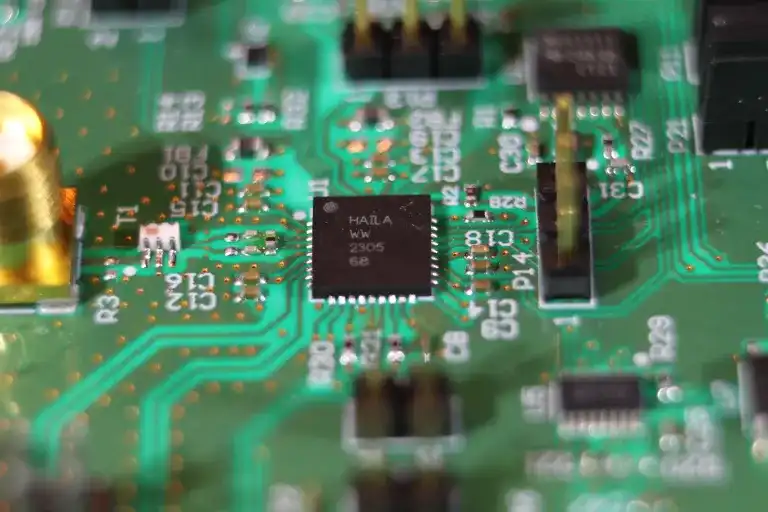
HaiLa Technologies Inc. announced the availability of the BSC2000 backscatter chip and RF evaluation chip development and demonstration kits. Collaborating with Presto Engineering, the companies developed what they claim is the first complete analog and digital implementation of HaiLa’s passive backscatter technology adapted to Wi-Fi RF bands.
Touted as the first Wi-Fi-based “extreme-low-power” backscatter chip, Presto Engineering said pushing the limit of IoT power efficiency is a game changer for mitigating battery cost and waste. It also supports a key industry initiative to help reduce the carbon footprint of connected devices.
HaiLa’s passive backscatter foundational technology is protocol-agnostic. The company focused its first adaptation on Wi-Fi as a key infrastructure enabler for IoT deployment.
The BSC2000 features an SPI interface for seamless connectivity to a range of IoT devices such as multi-channel temperature and humidity sensors. It provides a path to extreme-low power in IoT devices used in building, home, and industrial automation; consumer electronics and wearables; smart transportation, agriculture, medical and automotive markets.
For its part of the collaboration, Presto brought substantial experience in ultra-low-power RFID and NFC, enabling HaiLa to complement its team with resources embedded into the development process, Haila said.
The BSC2000 is currently sampling. The BSC2000 Development Kit supports a comprehensive evaluation of the BSC2000 RF Evaluation Chip. An accompanying BSC2000 Wi-Fi backscatter tag demonstration kit illustrates tag form factor and extended tag battery life based on a CR2032 coin cell battery. HaiLa is demonstrating the BSC2000 at CES, LVCC, West Hall, booth 6300.



